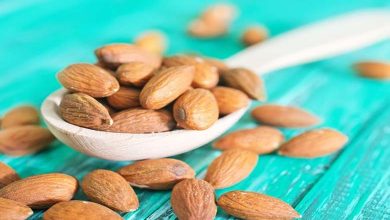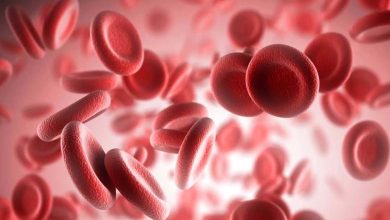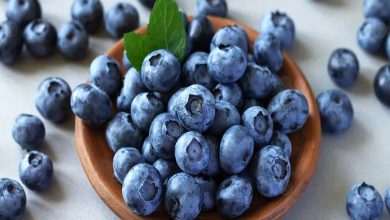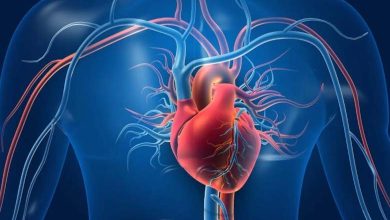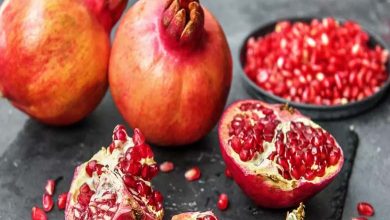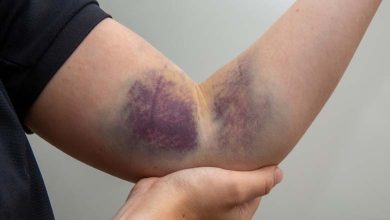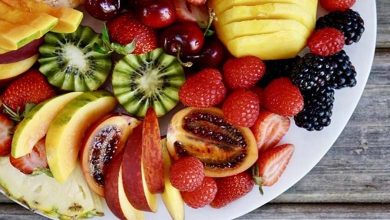5 types of food to fight Cholesterol

Cholesterol is a fatty substance found naturally in our body. Contrary to popular belief, it is essential to our health. As such, it contributes to the construction of cell membranes, in particular nerve cells and the brain, it is also necessary for the production of various hormones and vitamin D. For this it must be of good quality and not exceed a certain level, under penalty of increasing the cardiovascular risk.
Cardiovascular risk is increased by “bad” cholesterol
There are two forms of cholesterol: “HDL-cholesterol”, called “good cholesterol”, which has a beneficial effect on cardiovascular diseases and “LDL-cholesterol”, also known as “bad cholesterol”, which promotes the accumulation of deposits on the walls of the arteries (atherosclerosis). It is this LDL-cholesterol that increases the risk of cardiovascular disease: over time, these deposits lead to the aggregation of blood platelets, forming a clot. Fibrous scarring then occurs. As periods of ulceration-healing progress, the atherosclerotic plaque thickens, absorbs cholesterol and narrows the lumen of the artery, which can then end up clogging, causing myocardial infarction or stroke ischemic. Bad cholesterol can also clog an artery in the legs, intestines or even the kidneys.
If a diet rich in cholesterol and animal fats (butter, fatty meats, cheese, etc.) increases the LDL-cholesterol level, this level can however be lowered by adopting a healthy diet. We can even fight against bad cholesterol with certain foods. Update on these food families.
Fiber-rich foods help control blood cholesterol
Fruits, vegetables, whole grains (wheat germ, barley, oats, brown rice, rye…), dried fruits (figs, prunes…) and legumes (chickpeas, broad beans, white beans, lentils…) are perfect sources of fiber , soluble (to control blood cholesterol levels) or insoluble (to cleanse the intestines and prevent constipation). The soluble fibers present in these foods reduce the absorption of fats and provide a feeling of satiety.
Protect the arteries with antioxidant foods
Fresh vegetables and fruits are excellent sources of antioxidants because they contain vitamins C and E, beta-carotene, carotenoids and polyphenols, which protect the walls of the arteries by reducing or preventing the oxidation of cholesterol. To lower bad cholesterol, it is necessary to favor carrots, spinach, fennel, green cabbage, chard, apricots, as well as peppers, lemons, kiwis, lychees and strawberries. Pecans and dried beans are also excellent sources of antioxidants.
Sources of omega-3 and 9 to fight against excess LDL
Omega-3 and 9 help fight against excess LDL-cholesterol. They are found in the “good” fat of seasoning oils (olive, rapeseed, walnuts, sesame, etc.), certain fruits and vegetables (avocado, lettuce, cabbage), and fatty fish (salmon, tuna, mackerel, sardine…) or oleaginous fruits such as almonds, hazelnuts and walnuts.
Choose foods low in saturated fatty acids
Foods low in saturated fatty acids, essential for a balanced diet, help keep bad cholesterol levels low. These are mainly low-fat dairy products (natural yogurt, goat’s or sheep’s cheese) as well as lean meats. To preserve its qualities, it is better to choose cooking without adding fat: steam, foil, wok, grill…



